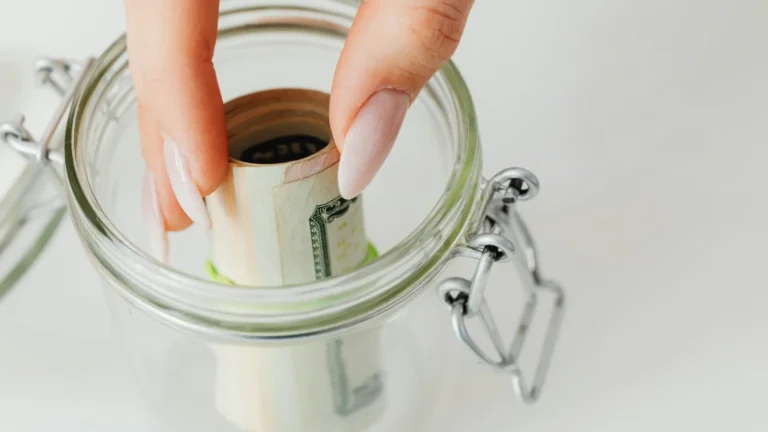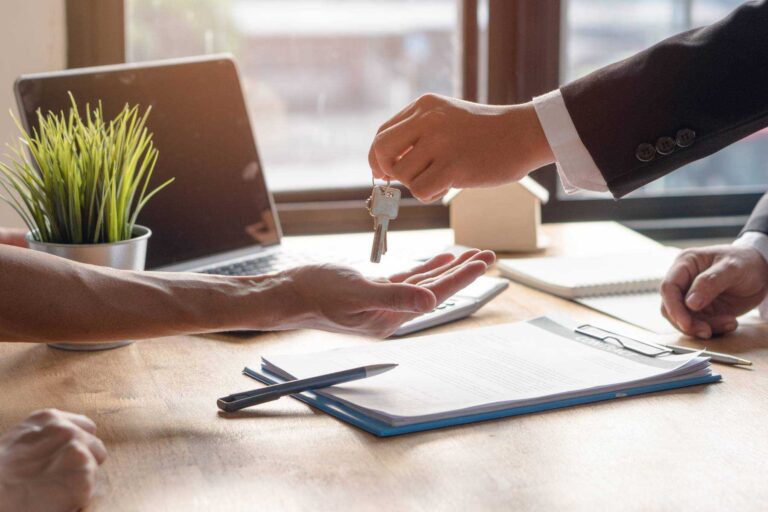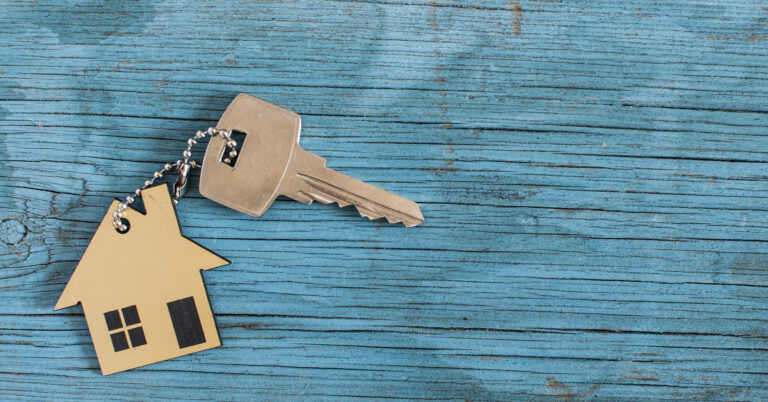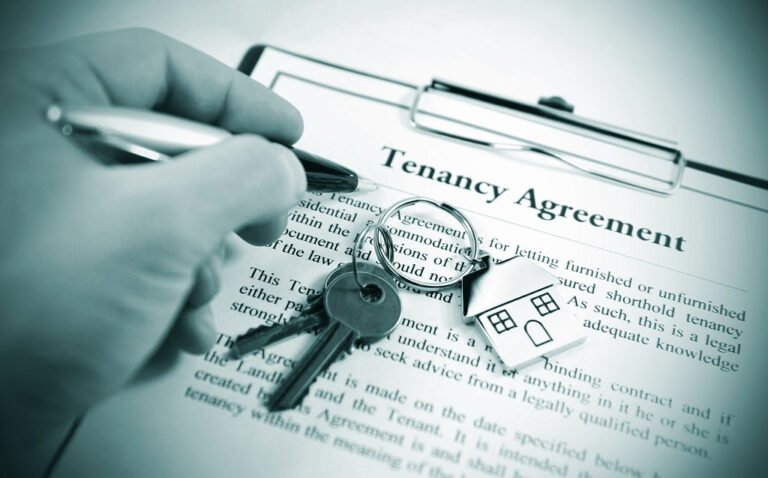Saving energy has never been more important – both for our bank balances and for the environment.
If you’re a tenant, taking steps to reduce energy consumption in your rental property can not only save you money, but you’ll be doing your bit for the planet, too.
Check out these 10 great tips on how you can save energy in your home…
Why is saving energy important?
From a global perspective, saving energy reduces carbon emissions.
Carbon plays a huge negative role in climate change, but by cutting it back, we’re improving air quality and helping to create a healthier planet – which can only be good for all of us.
As well as the positive environmental impact saving energy can have, however, it can also save you money – sometimes hundreds of pounds every year.
How can I make my rental property more energy efficient?
There are a number of simple changes you can make to how you use your rental property that will have a big impact on your energy consumption.
1. Save on heating bills
Heating is probably one of the most expensive bills you have as a tenant.
But there are ways you can reduce those bills and lower your carbon footprint at the same time.
• Turn down your thermostat by one degree – this could save you around 10% on your bill and you’ll barely notice the difference in temperature
• If furniture is sitting in front of your radiators, move it – it will be blocking and absorbing heat
• If your radiators have temperature control valves, turn them down in rooms you don’t use often and close the doors
• Turn off your heating at night and when the property is empty
• Reduce your hot water usage by reducing the amount of time you spend in the shower by a few minutes each day
2. Be efficient with your fridge freezer
Fridge freezers are on constantly – so they use a lot of electricity.
There’s no getting away from that, but there are things you can do to reduce your appliance’s workload.
• Lower the temperature of your fridge to the lowest setting you can for the food you have stored inside
• Dust can gather in the coils at the rear of your appliance, so vacuum these regularly to make your fridge freezer run more efficiently
• If your fridge freezer is pushed tight to the wall, move it out slightly. This increases air flow and efficiency
• Defrost your freezer regularly. Ice build-up makes it work harder and use more energy
• Defrost food in the fridge – it will cool the food inside without using any additional energy
• Avoid putting hot leftover food in the fridge as this makes the appliance work harder
• Keep your fridge freezer full as often as possible – lots of cold and cool items mean the appliance doesn’t have to work as hard.
3. Clever with cooking
There are a huge number of steps you can take to reduce electric and gas use when cooking – as well as utilising the heat from your oven after your food is cooked.
• Keep lids on saucepans when cooking – this will mean you can turn down your hob and use less gas or electricity
• Only use pans that fit the size of the hob – a small pan on a large burner means lots of wasted heat
• Keep your oven door closed when cooking – opening it to check on food lets all the heat out
• If you can, cook multiple meals at the same time and freeze them
• Microwave food where you can, as these appliances use less energy than ovens
• Use a slow cooker – these are cheaper to use than main ovens
• Leave the oven door open after you’ve finished cooking, as the retained heat will warm up the kitchen – meaning you can turn down your heating
4. Wizardry with washing
Washing and drying clothing and crockery can have a huge impact on the amount of energy you use and your bills each month.
Take these steps, though, and you’ll soon see the impact…
• Keep on top of maintaining your washing machine or washer dryer. Fluff can build up in filters, meaning your machine has to work harder, so give it a regular clean
• Dryers use large amounts of electricity, so try to avoid using yours unless necessary and dry clothing outside whenever possible
• Don’t dry clothes on radiators – hang them on a clothes horse, open a window and close the door instead
• Only use your washing machine, dryer or dishwasher when they’re full – half loads will use more water and more electricity
• Wash your clothes at 30 degrees rather than 40
• Use your washing machine and dishwasher’s ‘eco’ setting if they have one
5. Let there be efficient light
Lighting is another place where you can save on energy consumption and reduce your bills without sacrificing anything at all.
• Replace any old light bulbs with energy efficient LED bulbs
• Don’t leave lights on in rooms you’re not using, or in hallways – only switch them on when you’re actually moving in the space
• Let as much natural light into your rental property as possible
6. Keep the heat in
How much heat your rental property retains will largely be down to its structure and the steps your landlord has taken to boost its energy efficiency.
Landlords can’t legally let a property with an Energy Performance Certificate rating below ‘E’, but there are also steps you can take as a tenant to keep more heat in and lower your bills.
• Place reflective panels behind your radiator to reflect heat back into your room
• Lay rugs on hard flooring to keep heat in
• Use draught excluders around the base of doors or in un-used chimneys
• Fit heavy curtains, or ask your landlord to do this, as this stops heat from escaping through windows and doors
• Ask your landlord to fill any gaps or cracks in window frames that could be allowing heat to escape
7. Be a turn-off
Simply using devices like TVs or mobile phones in a more energy efficient way can really have a big impact on your usage and help reduce your bills.
• Don’t charge your mobile phone all night – it doesn’t need it
• Switch off TVs or other devices at the mains when you’re not using them, rather than using remote controls to put them in standby mode – where they’ll still use energy
8. Be aware of your usage
Simply being more aware of the energy you’re using can help you cut back.
• Check your energy supplier deal – do you pay more to use energy during the day rather than at night? Find out which hours are cheaper and do things like washing at those times
• Most energy suppliers offer monitors that allow you to track the energy you’re using – these add a layer of accountability and will help you keep on top of your usage
9. Switch suppliers
Can tenants change energy suppliers? It’s a question we’re asked all the time at Parkers – and the answer is ‘yes’!
Many tenants assume they can’t switch energy providers, but if you’re paying the bill yourself, you can – and switching could save you large amounts of money.
Log on to some energy comparison sites to see how much you could save and to see whether you are eligible to switch.
10. Communicate with your landlord
If you’re concerned that your rental property is using large amounts of energy, or your bills are expensive, speak to your landlord.
There may steps they can take to improve the property’s energy efficiency, such as:
• Cavity wall insulation
• Loft insulation
• Better quality windows and doors
• A more energy efficient heating system
Your landlord may be willing to spend money on improving their property’s energy efficiency as this may benefit them in the future.
And if you don’t ask, you don’t get…
Further reading…
• 10 benefits of renting through a letting agent
• How to create a small home office
• Everything you need to know about moving out at the end of a tenancy







